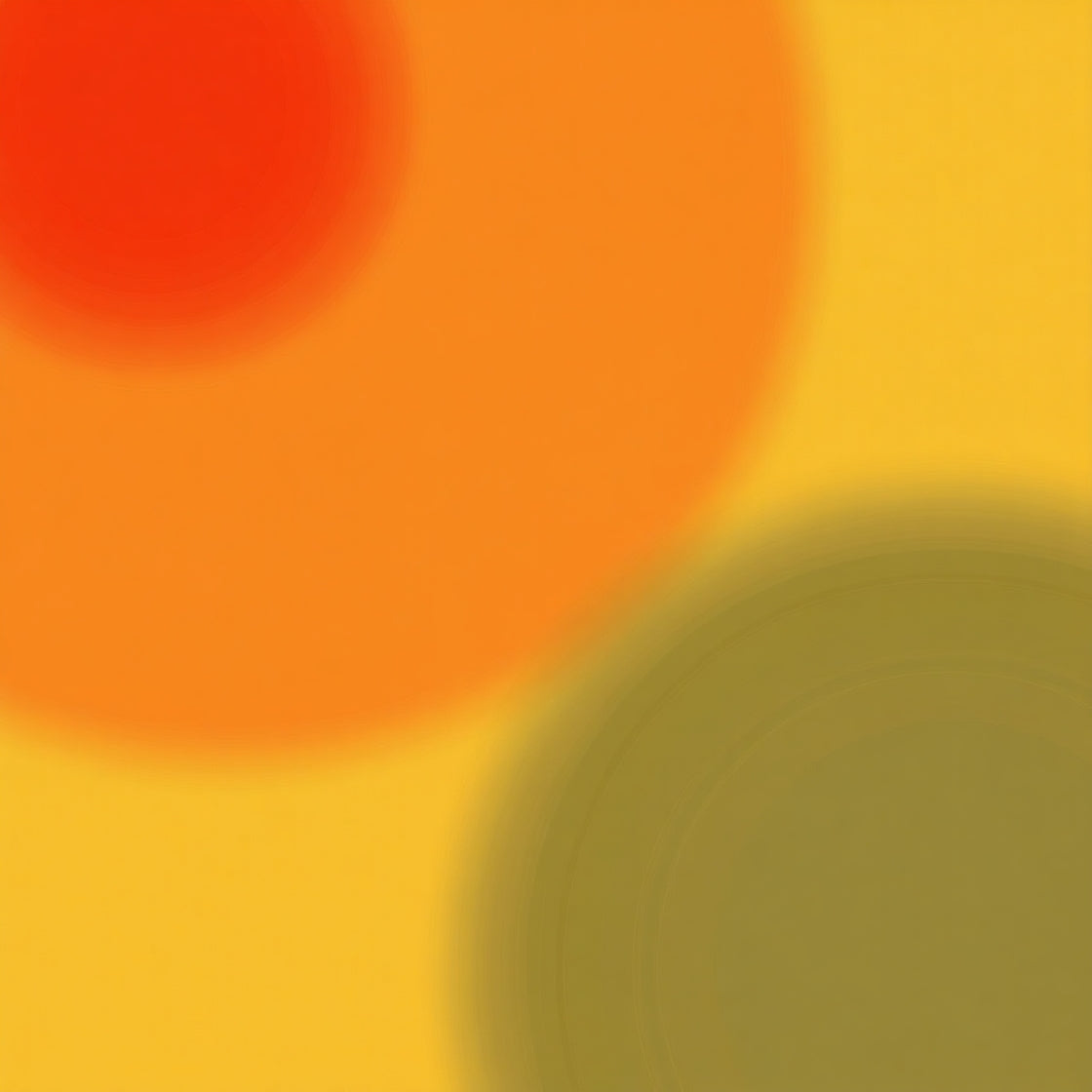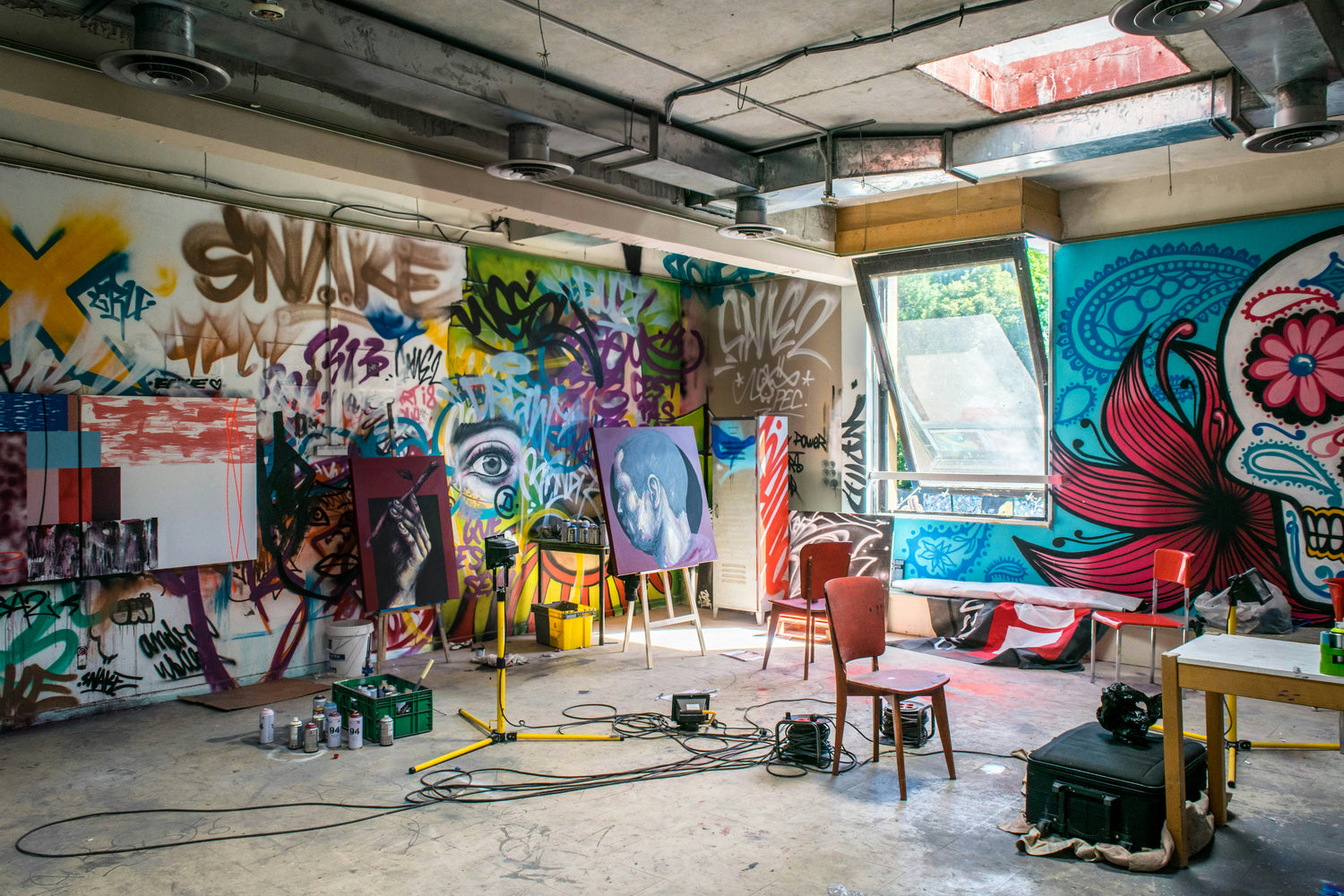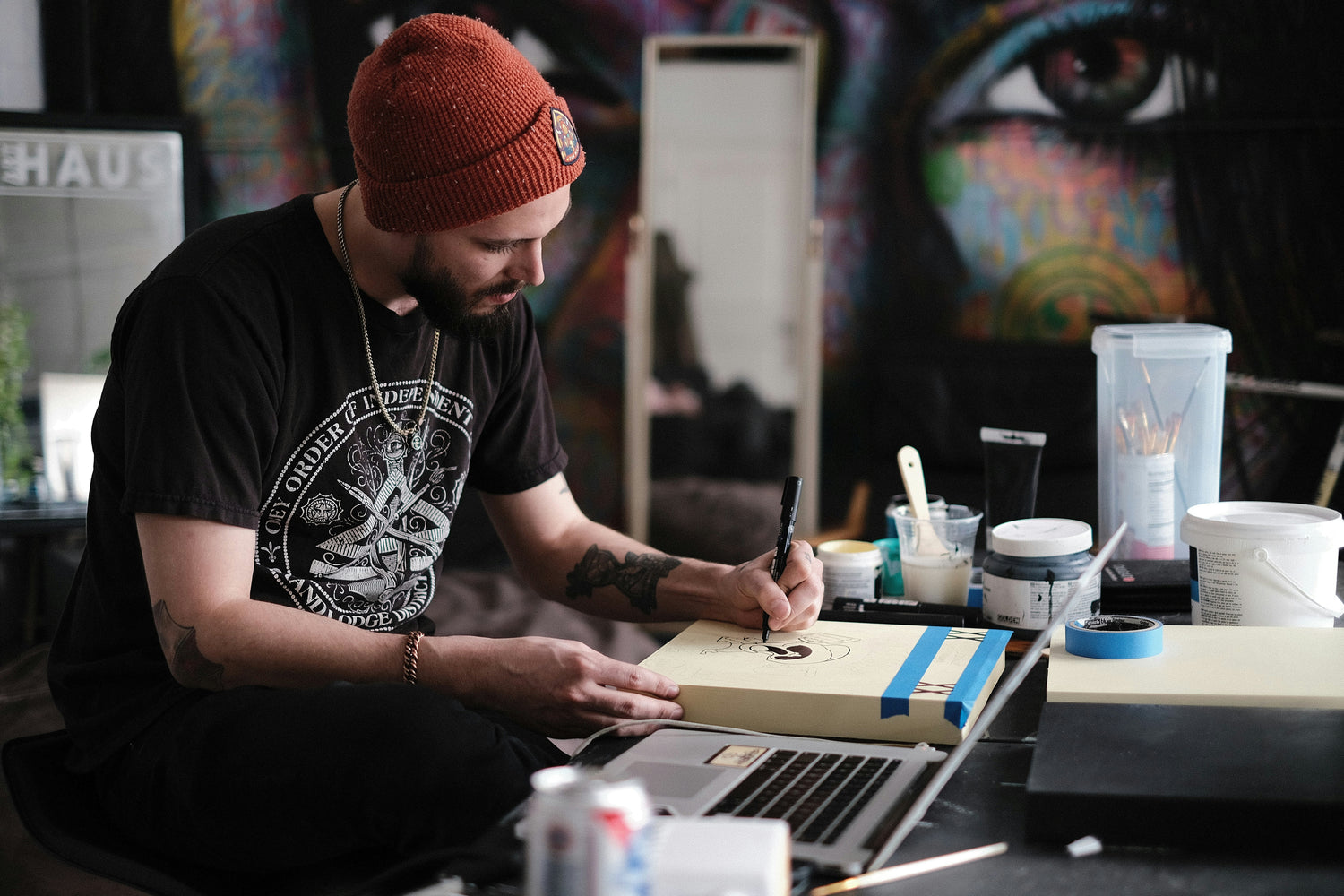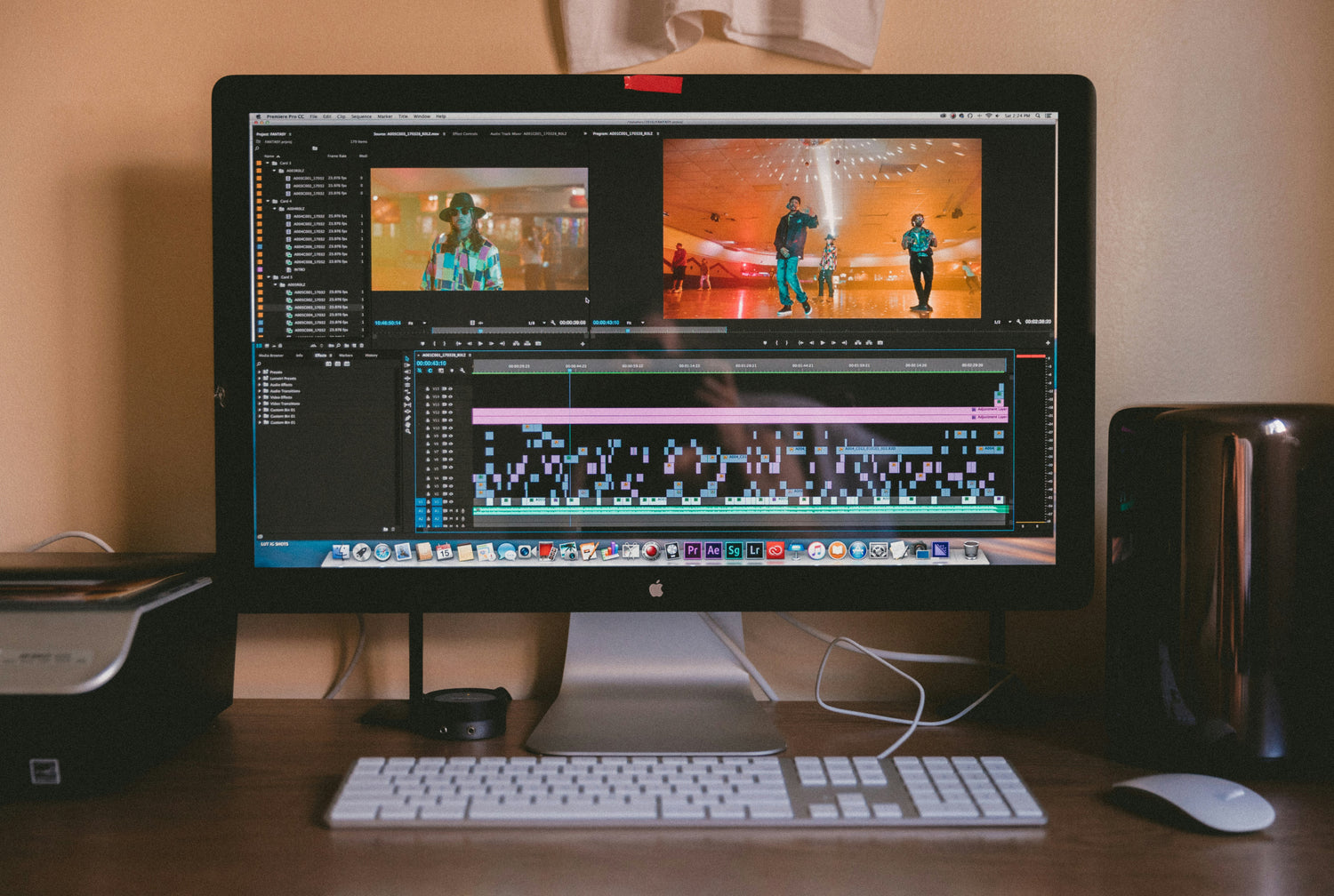
Where Frames Think and Stories Breathe

A Creative Space
MotionMind isn’t just a video editing course. It’s a creative lab where frames turn into stories, and editing becomes a language you speak to the world. We don’t just teach you how to cut clips or add effects. We show you how to find rhythm where others see random footage, how to turn visual chaos into a symphony of emotions.

Think Like a Director, Edit Like an Artist
Here, you don’t just learn software — you learn to think like a director, edit like an artist, and create videos that are felt, not just watched. MotionMind is a place where every frame matters, and mistakes aren’t failures—they’re discoveries.

Editing That Leaves a Lasting Impression
We believe video editing is more than a skill. It’s a tool to freeze moments, express ideas without words, and leave a mark on someone’s memory. And that’s exactly what we share with our students.
Frequently Asked Question
General Questions
What is MotionMind, and how is it different from other video editing courses?
MotionMind isn’t just a course; it’s a creative lab where you learn to see video as art, not just a sequence of clips. We focus on creativity, real-world projects, and a unique learning approach.
Do I need prior video editing experience to start the course?
No, the course is suitable for both beginners and those with basic skills. We start with the fundamentals and gradually move to more advanced topics.
What equipment do I need to take the course?
For the basic level, you’ll need a computer with average specifications and access to editing software (we recommend DaVinci Resolve, Adobe Premiere Pro, or Final Cut Pro).
Support and Communication Questions
What if I don’t understand a topic?
You can always reach out to mentors or discuss questions within our student community, where you’ll receive feedback and support.
How can I contact the support team?
For technical issues or consultations, you can email us or use the contact form on our website.
Learning-Related Questions
How much time should I dedicate to learning each week?
We recommend dedicating 5 to 7 hours per week for optimal progress, but you can adjust the schedule to fit your needs.
Will I be able to work on commercial projects after the course?
Yes, the course focuses on practical skills that will enable you to work on real commercial projects and build your portfolio.
Will there be homework or practical projects?
Yes, the course includes practical assignments and real-world projects to help you apply theoretical knowledge. This allows you to build your own portfolio while studying.
